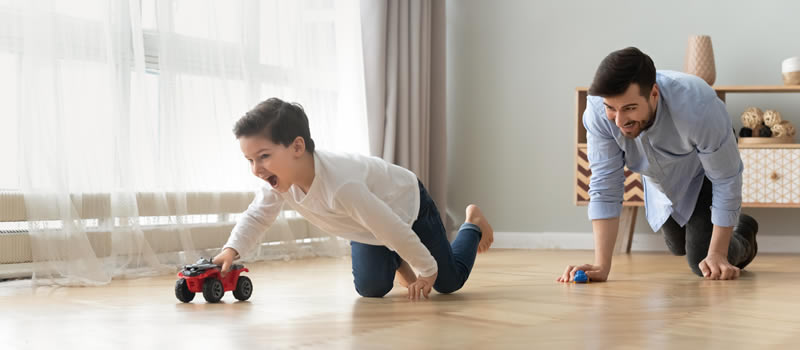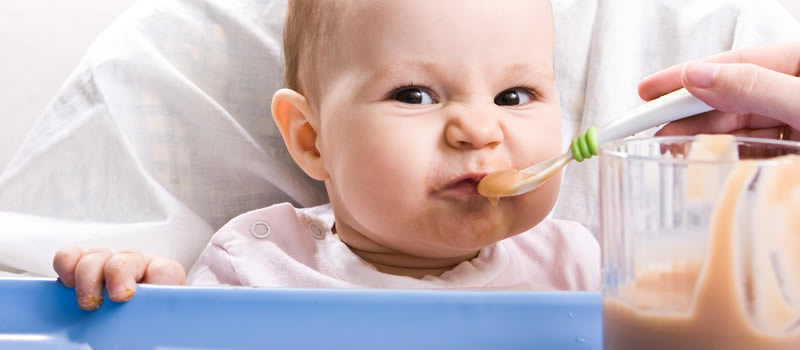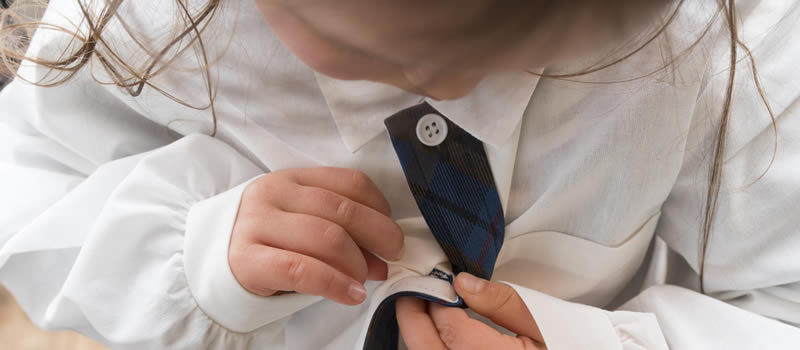Physical Readiness:
- You find the diaper is still dry at least two hours after changing it
- After your child signals a need to go! S/he can hold it for few minutes until reaching the toilet
Communication Readiness:
- Able to show or point to what he/she needs
- Able to follow instructions



